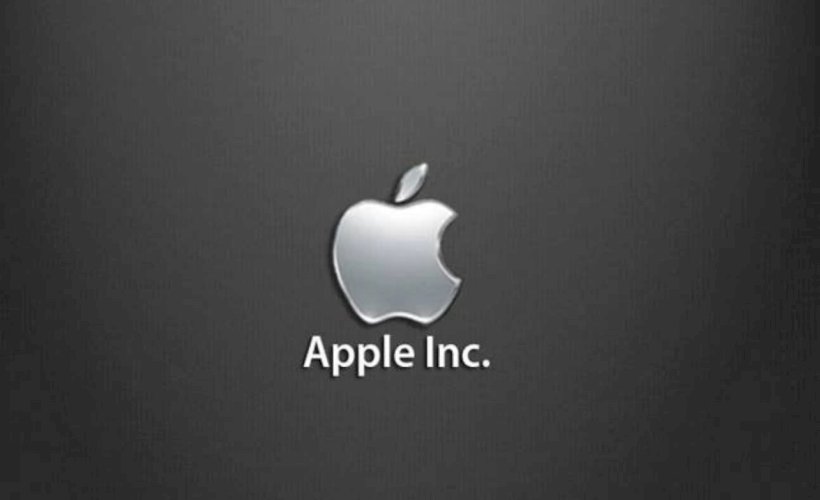
Apple Inc.: A Comprehensive Overview
Introduction
Apple Inc., an American multinational technology company, stands as a beacon of innovation and design in the consumer electronics industry. Founded on April 1, 1976, by Steve Jobs, Steve Wozniak, and Ronald Wayne, Apple has grown from a garage startup into one of the world's most valuable and influential companies. This article delves into the history, products, market strategy, and future prospects of Apple Inc.
History and Evolution
Apple's journey began with the Apple I, a hand-built computer kit, followed by the revolutionary Apple II, which became one of the first highly successful mass-produced microcomputers. The company's introduction of the Macintosh in 1984, with its user-friendly graphical user interface, marked a significant milestone in personal computing.
The 1990s saw Apple struggling with competition and management issues until Steve Jobs' return in 1997. His leadership ushered in a new era of innovation, starting with the colorful iMac G3. The 2000s were transformative, with the launch of the iPod in 2001, the iPhone in 2007, and the iPad in 2010, each revolutionizing their respective markets.
Product Line
1. iPhone
The iPhone is arguably Apple's most iconic product. Since its debut in 2007, the iPhone has set the standard for smartphones with its sleek design, intuitive interface, and powerful ecosystem of apps and services.
2. Mac
Apple's range of Mac computers, including the MacBook, MacBook Air, MacBook Pro, iMac, Mac mini, and Mac Pro, are known for their performance, design, and integration with Apple's software.
3. iPad
Launched in 2010, the iPad has defined the tablet market, offering a versatile device for both entertainment and productivity.
4. Apple Watch
Introduced in 2015, the Apple Watch has become a leader in the wearable technology market, with features for health tracking, communication, and integration with other Apple devices.
5. Services
Apple's services segment, including the App Store, Apple Music, iCloud, Apple Pay, and Apple TV+, has become a significant revenue stream, emphasizing the company's shift towards a more services-oriented business model.
Market Strategy
Apple's market strategy is centered around a few core principles:
1. Innovation
Apple invests heavily in research and development to stay at the forefront of technology. This commitment to innovation is evident in their regular product updates and new product launches.
2. Ecosystem
Apple's ecosystem of devices and services creates a seamless user experience. This interconnectedness encourages customer loyalty and repeat purchases.
3. Premium Branding
Apple positions itself as a premium brand, offering high-quality products at a higher price point. This strategy not only enhances its brand image but also ensures healthy profit margins.
4. Retail Experience
Apple's retail stores are designed to offer a unique and engaging customer experience. The stores are not just places to buy products but also venues to explore and learn about Apple’s technology.
Financial Performance
Apple's financial performance has been stellar, consistently reporting high revenue and profitability. In recent years, the company has achieved a market capitalization exceeding $2 trillion, driven by strong sales of the iPhone, growth in services, and expansion into new markets like wearables and home automation.
Challenges and Criticisms
Despite its success, Apple faces several challenges and criticisms:
1. Competition
Apple competes with other tech giants like Samsung, Google, and Microsoft across different product categories, necessitating constant innovation and market adaptation.
2. Supply Chain
Apple's reliance on a global supply chain can be a vulnerability, particularly in times of geopolitical tension or global crises like the COVID-19 pandemic.
3. Regulatory Scrutiny
Apple faces increasing regulatory scrutiny over issues like antitrust concerns, labor practices, and data privacy. This scrutiny could impact its operations and profitability.
4. Environmental Impact
Critics have highlighted the environmental impact of Apple's products, particularly in terms of e-waste. The company has responded with initiatives to use more recycled materials and reduce its carbon footprint.
Future Prospects
Looking ahead, Apple is expected to continue its focus on innovation, with potential developments in areas such as augmented reality (AR), virtual reality (VR), and autonomous vehicles. The company’s commitment to sustainability and privacy is likely to play a significant role in its future strategy.
Conclusion
Apple Inc. remains a titan in the technology industry, revered for its innovation, design, and ability to create products that resonate with consumers. While it faces challenges in an ever-evolving market, its strong brand, loyal customer base, and relentless pursuit of excellence position it well for continued success.


